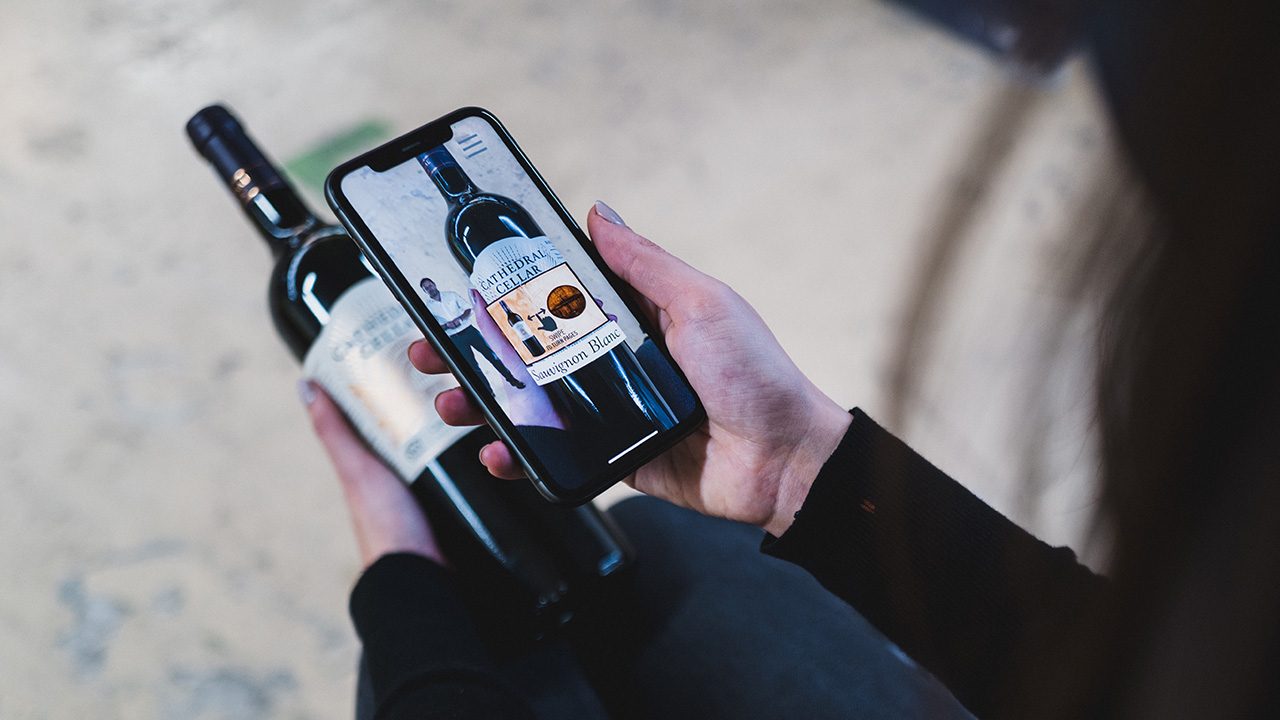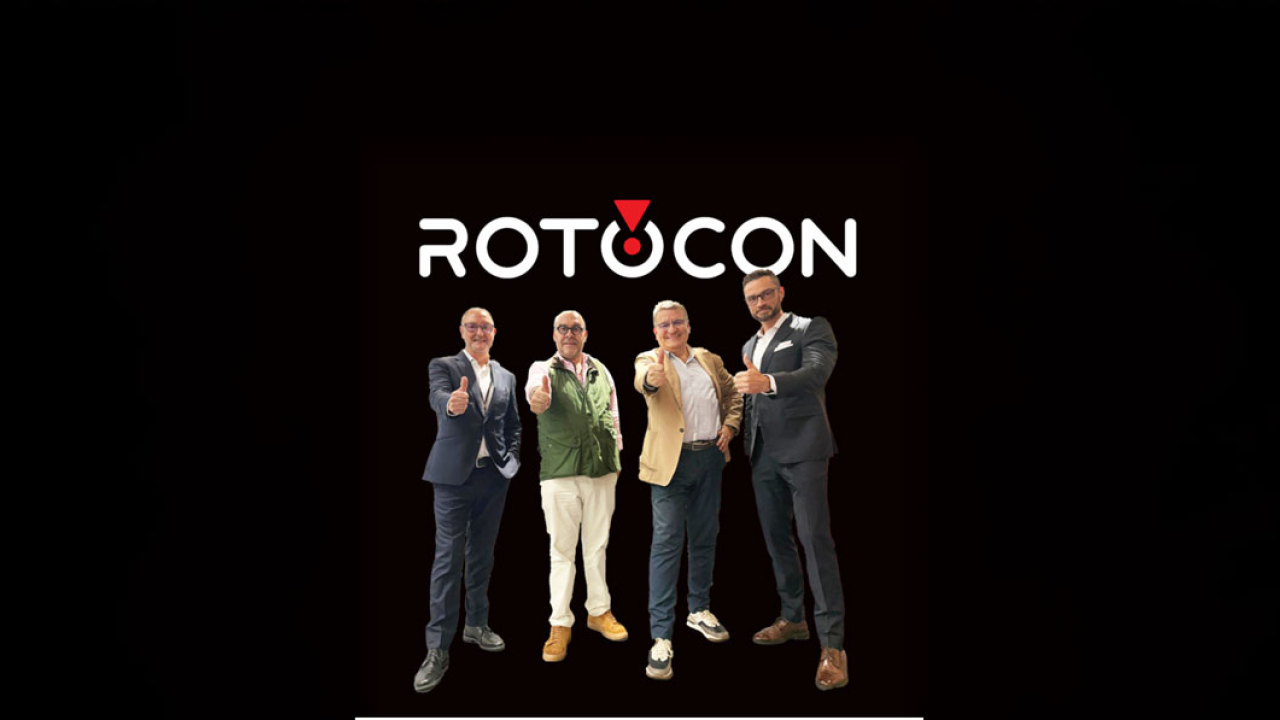Smart labels transform Africa’s packaging landscape
Smart label technology is gaining ground in Africa, offering new opportunities for supply chain transparency, product authentication and consumer engagement.

In Africa’s evolving packaging sector, smart labels are at the forefront of innovation, merging technology with logistics, security and consumer engagement.
Warren Pietersen, head of operations at Lebone Paarl Labels, based in Paarl, South Africa, underscores the growing adoption of RFID technology.
‘RFID is gaining traction, but in some sectors, the cost and application of ID tags remain challenges,’ he admits. While the technology offers immense benefits, the extra cost is usually a deterrent.’
Despite this, smart labels are proving invaluable for supply chain management. By embedding unique data on each label, brands can monitor shipments, minimize losses and ensure compliance. Pietersen notes that ‘variable smart labels simplify the tracking process, reducing errors and supporting sustainability goals by cutting unnecessary waste.’
At Rotolabel, a label converter in Cape Town, South Africa, the emphasis is on tailored smart label technology. Managing executive Wicus Maritz highlights the practical benefits: ‘Track-and-trace capabilities provide visibility throughout the supply chain, improving route efficiency and reducing wastage.’
He also points to the role of QR codes and NFC technology in enabling instant inventory checks, ensuring optimal stock levels, particularly in cold chain logistics.
He says the local demand for RFID is still emerging, which makes justifying the cost for small quantity orders challenging.
‘As the demand grows, we anticipate a steady decrease in RFID unit prices, ultimately making this transformative technology more accessible to businesses across all sectors,’ Maritz notes.
Battling counterfeits with intelligence
The rise of counterfeit goods is a persistent threat to Africa’s manufacturing and retail industries. Smart labels are stepping up as digital watchdogs, with companies like German-based Vollherbst Labels integrating RFID, NFC and blockchain technologies to safeguard authenticity. Vollherbst, a global supplier of label materials, has made its mark in South Africa’s label market by offering innovative technology in the label and packaging sector.
‘Invisible codes or embedded chips enable real-time verification, alerting both brands and consumers to potential counterfeits, an essential feature in industries such as wine and spirits,’ explains Oliver Jung, head of innovation and business development at Vollherbst. He notes that cryptographically serialized QR codes and RFID inlays allow brands to track products’ journey, location and storage conditions, ensuring optimal handling.
One successful implementation has been the AR-enabled labels for South African wine and spirits brand KWV’s Cathedral Cellar.
‘Consumers gain instant access to product information, promotions and immersive brand stories simply by scanning a label,’ Jung adds. Beyond brand engagement, smart labels offer integrated security measures, with blockchain creating immutable product histories that reinforce consumer trust.
Beyond authentication
As e-commerce reshapes Africa’s retail landscape, smart labels are bridging the gap between physical products and digital experiences. By embedding QR codes, NFC tags and augmented reality (AR) elements, brands can provide interactive content, product stories and loyalty programs, fostering stronger consumer connections.
‘Smart labels are redefining how consumers interact with products. They’re more than just a tag — they provide a personalized experience that makes consumers feel connected to the brand story,’ says Derek Dlugosh-Ostap, owner of Pack-Smart Inc, based in the US. His company’s Delta-X Global software suite enhances traceability and transparency, enabling brands to monitor products from production to delivery.
Moreover, smart labels ensure that only authentic goods reach consumers. ‘Consumers want confidence that what they’re buying is legitimate. Smart labels offer this verification, which is especially crucial for high-value items like electronics, pharmaceuticals and luxury goods,’ Dlugosh-Ostap explains.
Proactive monitoring
Smart labels aren’t just about engagement, they’re transforming food and pharmaceutical safety. Embedded sensors now monitor temperature, humidity and expiration dates, ensuring perishable goods remain within safe parameters throughout the supply chain.
‘For us, smart labels are about being proactive,’ says Dlugosh-Ostap. ‘Whether it’s monitoring product shelf life or alerting customers about shipping delays, these labels enable us to stay ahead of the game.’
Industries reliant on strict storage conditions, such as healthcare and agriculture, particularly benefit from these innovations. Using time-temperature indicators and GPS-enabled tracking, brands can preemptively address logistical disruptions, preserving product integrity and consumer safety.
Anton Pretorius is also editor of Packaging & Print Media (PPM), a publication that covers the commercial print and packaging sectors. Click here to read more of his work.
Stay up to date
Subscribe to the free Label News newsletter and receive the latest content every week. We'll never share your email address.

